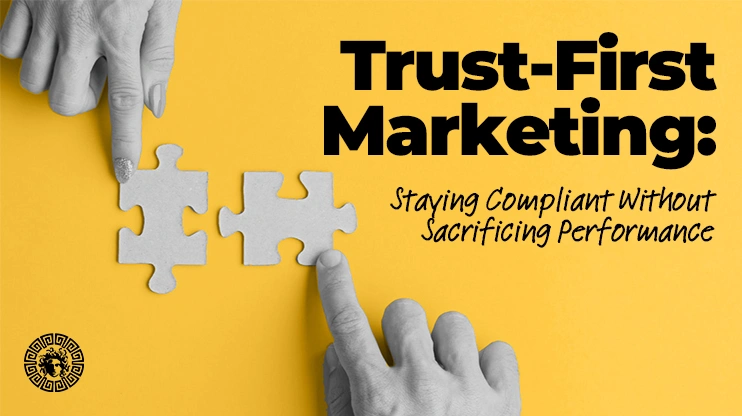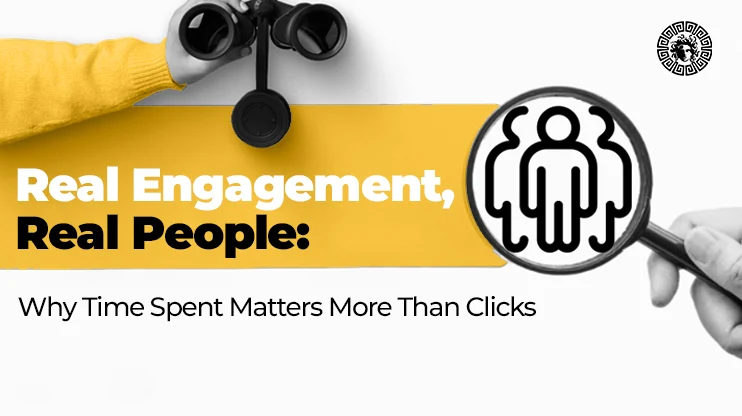“Incorporating influencer marketing into marketing strategies is crucial for B2B companies to generate high-quality leads.”
In the era of digital marketing, influencer marketing has emerged as a powerful strategy for businesses to connect with their target audience. It has been observed that influencer marketing is predominantly used in the B2C industry but is now also being employed in the B2B sector.
According to the Harvard Business Review, the industry turnover for influencer marketing has grown to $16.4 billion in 2022 and continues to increase each year. Moreover, some of the world’s biggest brands, around 75% of them, are transforming their marketing strategies and budgets to influencer marketing. For instance, last year, Coca-Cola collaborated on its ad campaigns with travel influencers.
In this blog, we will delve into the significance of influencer marketing in the B2B space, specifically focusing on its impact on lead generation. We will explore the unique characteristics of B2B influencer marketing, its benefits, practical strategies, real-world examples, and the challenges that B2B businesses may encounter.
Why Influencer Marketing in B2B?
Influencer marketing, traditionally associated with B2C (business-to-consumer) brands, can also be valuable for B2B (business-to-business) marketers. While the strategies and approaches may differ, influencer marketing can help B2B marketers generate leads in several ways.
How does Influencer Marketing Generate High-Quality Leads?
1) Enhanced credibility and trust:
Influencers who are respected and trusted within their industry can lend credibility to your brand. When they endorse or recommend your B2B product or service, it can significantly boost trust among their audience, who are potential leads.
This trust can translate into higher-quality leads as they are more likely to be genuinely interested in what your brand offers.
2) Access to a relevant and engaged audience:
Influencers have developed a loyal following that aligns with their niche or industry. When you collaborate with an influencer whose audience matches your target market, you gain access to a pre-qualified and engaged audience.
These individuals are already interested in the influencer’s content and are more likely to be receptive to your B2B offerings.
3) Thought leadership and expertise association:
Partnering with influencers recognized as thought leaders or experts in your industry can elevate your brand’s perception.
When an influencer associates with your B2B brand, they can position your company as knowledgeable and reliable, helping to attract high-quality leads who value expertise.
4) Content creation and distribution:
Influencers are skilled content creators who can produce high-quality, engaging content. Collaborating with them allows you to tap into their expertise to create valuable content that resonates with your target audience.
This content can be shared on their channels and platforms, increasing your reach and attracting relevant leads.
5) Increased brand visibility and awareness:
Influencers have a solid online presence and can amplify your brand’s visibility within your target market. By featuring your B2B brand on their social media profiles, blogs, podcasts or videos, influencers can expose your offerings to a broader audience.
This increased brand awareness can generate more leads, including high-quality prospects more likely to convert.
6) Relationship-building opportunities:
Collaborating with influencers can extend beyond a single campaign. By nurturing a long-term relationship, you can tap into their network and industry connections, further expanding your reach and generating high-quality leads.
Engaging in events, co-creating content, or participating in thought leadership initiatives with influencers can strengthen your brand’s reputation and attract leads.
Consider the following aspects before incorporating influencer marketing into your business:
Aspect 1:
Understanding influencer marketing and emphasizing its importance in B2B marketing. For example, how B2B influencer marketing differs from its B2C counterpart, highlighting the key distinctions. Additionally, you must explore the types of influencers in the B2B space and their role in driving business lead generation.
Aspect 2:
The benefits of influencer marketing for lead generation in the B2B domain. You can outline how influencer marketing can enhance lead-gen efforts in your B2B industry. Marketers must emphasize the credibility and trust influencers to bring B2B brands, aiding in establishing and strengthening relationships with potential leads.
Moreover, companies must consider how influencers can expand the reach and visibility of B2B businesses to targeted audiences, ultimately generating high-quality leads. You can also explore how influencer-generated content can resonate with B2B decision-makers, driving them toward becoming leads.
Aspect 3:
Strategies for effective influencer marketing in B2B lead generation to implement influencer marketing strategy successfully in the B2B space. Businesses need to plan and execute their campaigns strategically. In addition, marketers need to comprehend the key steps and considerations for planning influencer marketing campaigns in B2B.
We will explore how to identify and collaborate with the right influencers who align with the brand’s values and objectives. Furthermore, companies must offer guidance on measuring and assessing influencer marketing campaigns’ effectiveness in generating leads.
Aspect 4:
Case studies and examples to illustrate the potential of influencer marketing in B2B lead generation; this aspect will showcase real-world examples of successful campaigns.
Analyzing these campaigns’ strategies, tactics, and outcomes will highlight how they effectively generated leads for B2B businesses. Additionally, we will extract valuable lessons from these case studies and explore how they can be applied to other B2B organizations.
Aspect 5:
Implementing influencer marketing in the B2B sector presents several challenges and considerations that must be considered. Here we will discuss the potential obstacles businesses may encounter and explore solutions to overcome them. We will address concerns about authenticity, transparency, and measuring the return on investment (ROI) of influencer marketing efforts in B2B.
In the end,
Influencer marketing has revolutionized the way B2B businesses approach lead generation. By leveraging the power of influencers, B2B brands can establish credibility, expand their reach, and resonate with decision-makers, ultimately generating valuable leads.
Marketers can maximize the effectiveness of influencer marketing for B2B lead generation; it is crucial to identify suitable influencers who align with your industry, target audience, and brand values.
Developing a well-defined strategy, setting clear goals, and tracking metrics will help ensure your influencer marketing efforts generate high-quality leads for your B2B business.
It’s essential for B2B companies to acknowledge the powerful effect that influencer marketing can have on generating leads and to integrate it into their overall marketing plans. By doing so, you can unlock new opportunities for growth and success in the competitive B2B landscape. Get in touch today to drive maximum outcomes for your organization!














